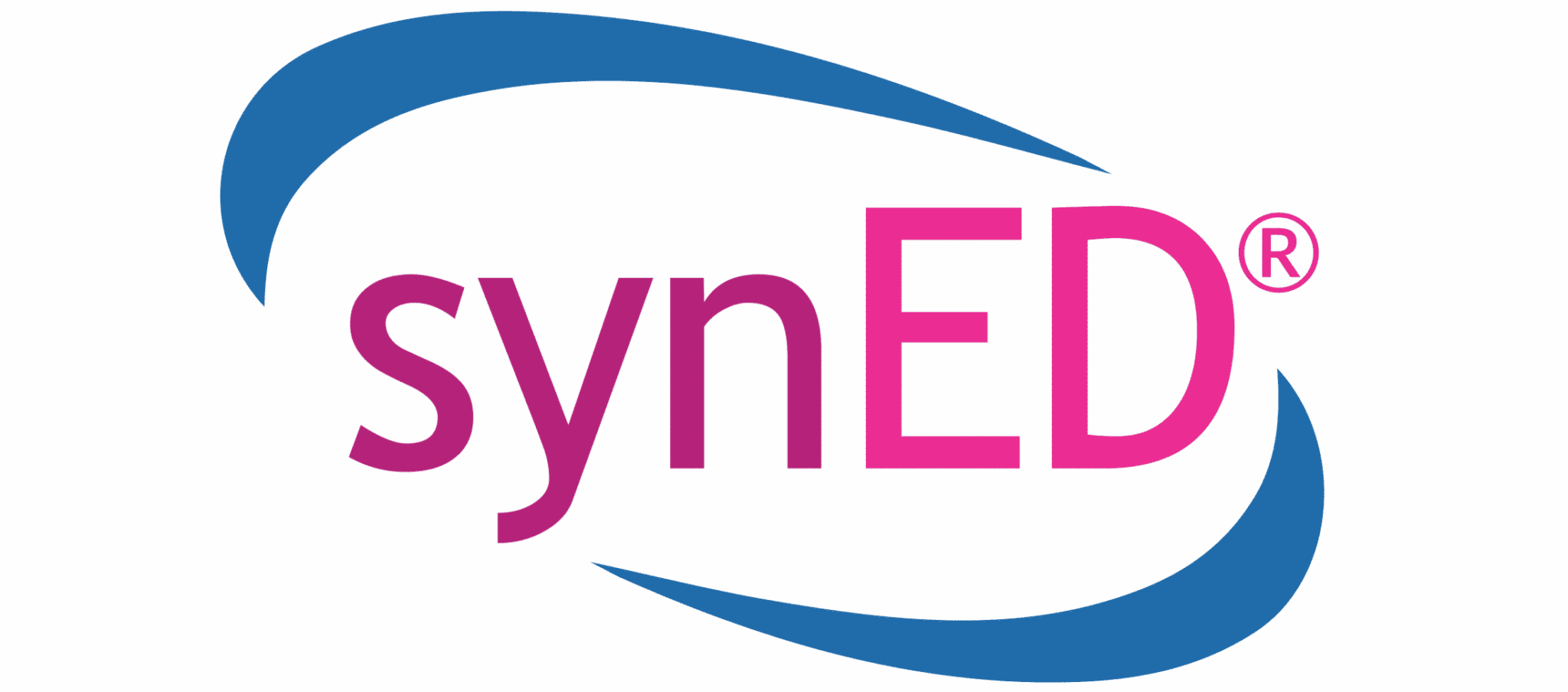Originally Posted On: news.fiu.edu
Some skills are considered too “small” or specific to become a degree program and aren’t often listed on a student’s academic transcript. Yet, it’s a collection of these very skills that employers know are a big deal in the rapidly-changing 21st century workforce.
This is where badges come in. These digital icons represent achievements or skills in a certain area or subject matter. A form of ‘micro-credentialing,’ badges allow students to break down their educational experience – competency by competency – and tell the complete story of their educational journey to potential employers.
Today, badges are a rising trend in the rapidly changing world of higher education. In fact, according to a 2016 survey by the University Professional and Continuing Education Association, one in five colleges has issued a digital badge.
Randy Pestana and Brian Fonseca – from the Jack D. Gordon Institute for Public Policy in the Steven J. Green School of International and Public Affairs – understand the urgency behind bringing this new form of credentialing to FIU. The skills gap – or the mismatch between what employers are looking for and job candidates have to offer – dominates their conversations with industry partners.
“They continue to tell us that job candidates don’t have the skills they need,” Pestana said. “Employers are looking for people who not only have a deep knowledge of a specific subject matter, but also a wide array of other skills that allow them to work across a variety of other subject areas.”
In an attempt to begin to close this gap and give students from all majors and disciplines the opportunity to build the skills that matter most in the 21st century – and still graduate in four years – Pestana and Fonseca began working on building a badge program at FIU.
They started with a subject area that has major implications for all industries and sectors: cybersecurity.
“Hospitality, healthcare, government, law, business – there isn’t an industry that isn’t susceptible to cyberattacks,” Pestana said. “These badges give the basic knowledge everyone needs to know, because anyone can be targeted by a cyberattack and have their personal information compromised.”
Collaborating across the university, Pestana and Fonseca brought in expertise from FIU’s Division of Information Technology, College of Business, College of Engineering & Computing, College of Law and StartUp FIU to create six badges. They are focused on different areas related to cybersecurity, including the Internet of Things, blockchain, cryptocurrencies and cybersecurity policy and law.
To earn a badge, students attend a Saturday workshop, which includes a lecture and active learning exercise. If students earn all six badges, they will also earn a certificate in cybersecurity fundamentals.
Cybersecurity was a natural place to begin offering badges.
FIU is a nationally recognized hub for interdisciplinary cybersecurity study and research and is focused on helping grow a future pipeline of cybersecurity professionals. In fact, earlier this year, FIU was selected to be the educational partner and host of the 2018 National Initiative for Cybersecurity Education (NICE) Conference and Expo, which aims to bring together higher education and industry to address growing cybersecurity workforce shortages.
The cybersecurity badges are just the beginning of a broader initiative to bring more 21st century workforce competencies to FIU.
A special interdisciplinary committee led by Senior Vice President for Academic and Student Affairs Elizabeth Bejar – and which includes members from academic and student-services units across the institution – will be working closely with local industry partners to explore bringing new badge programs to the university.
“FIU is always looking toward the future – that’s who we are,” Bejar said. “We’re here to educate lifelong learners and ensure they have the relevant, just-in-time skills that put them at a competitive advantage in our 21st century workforce.”

